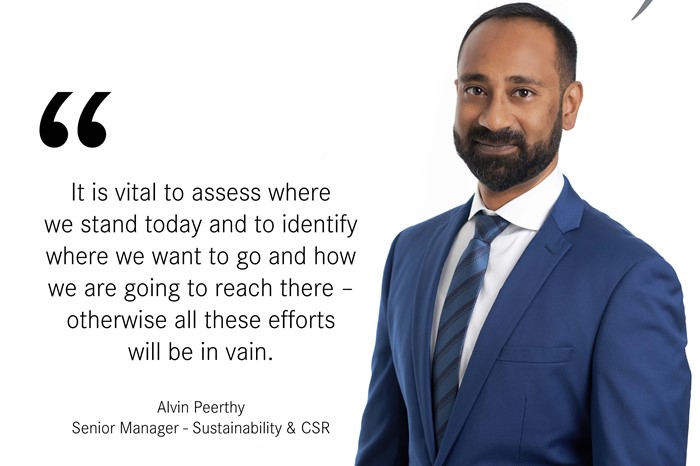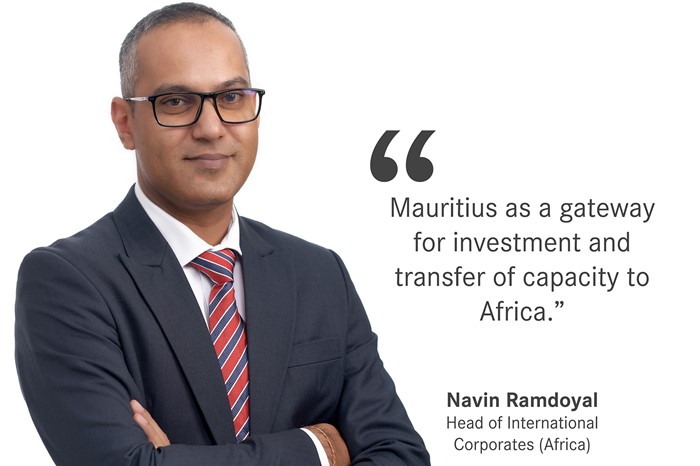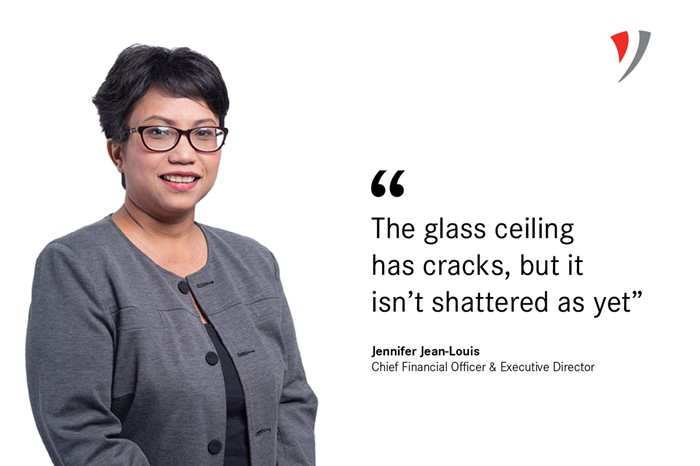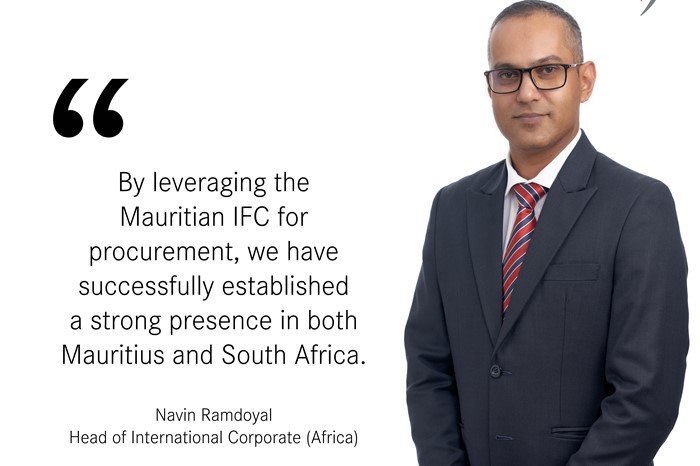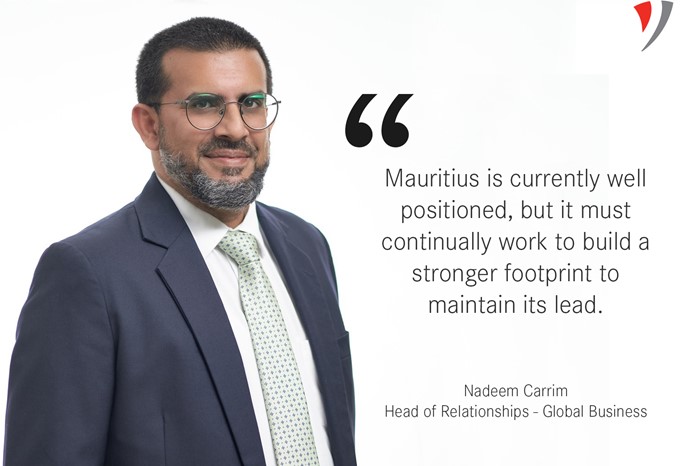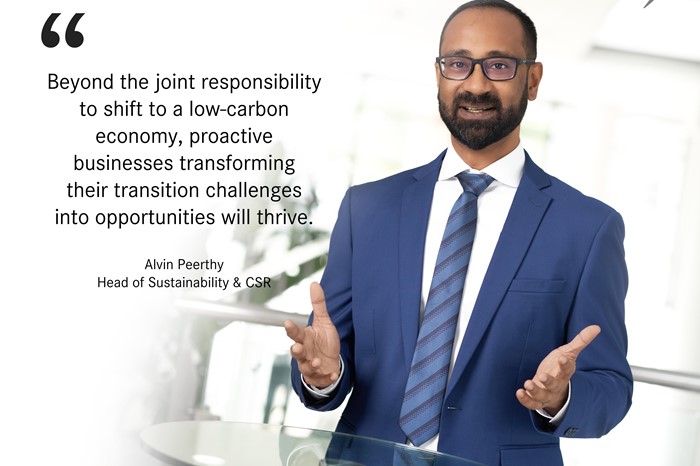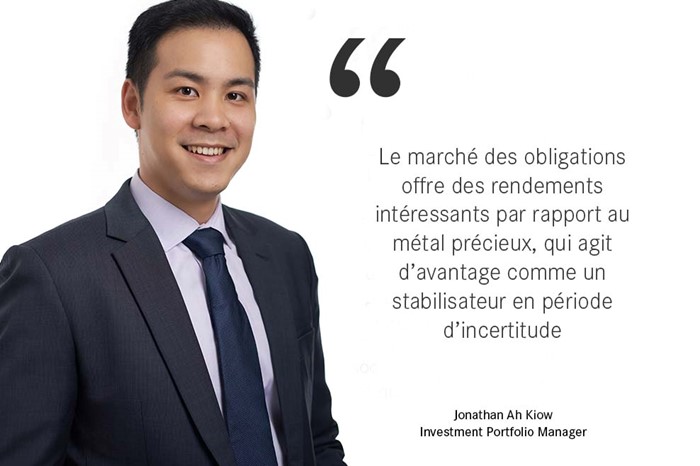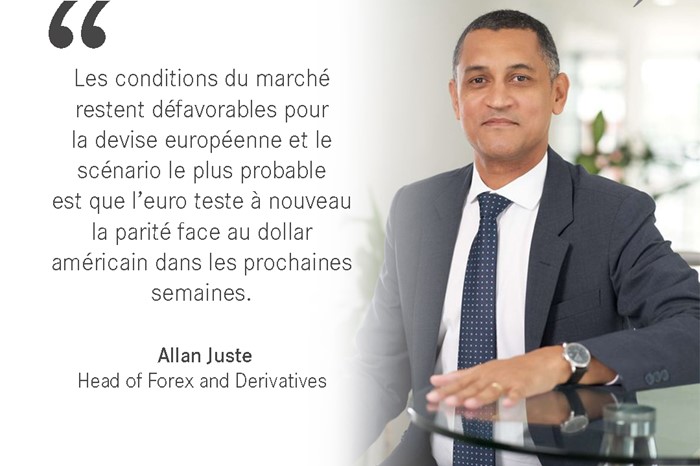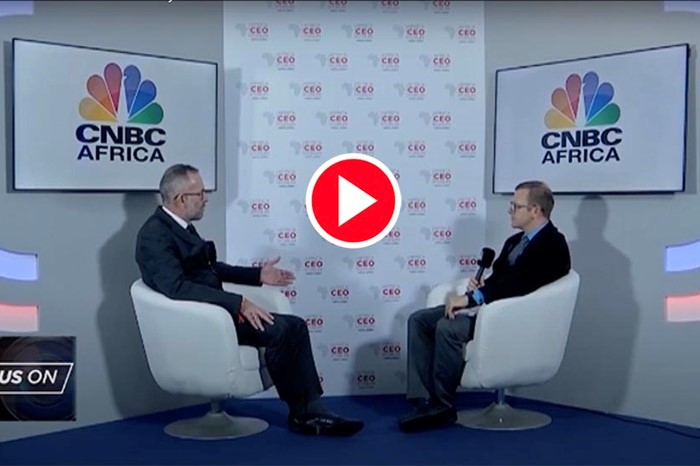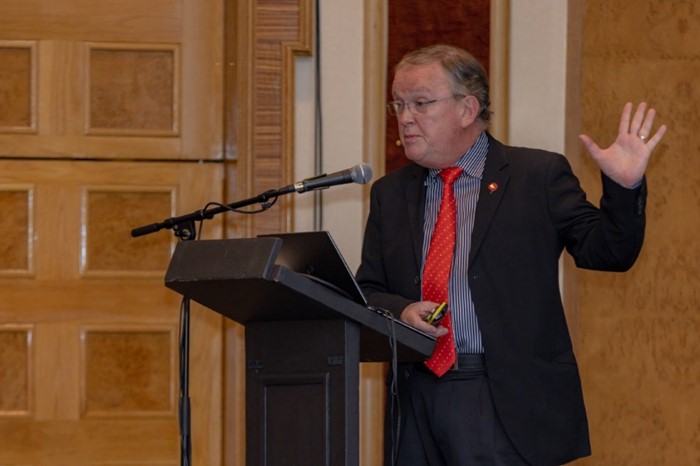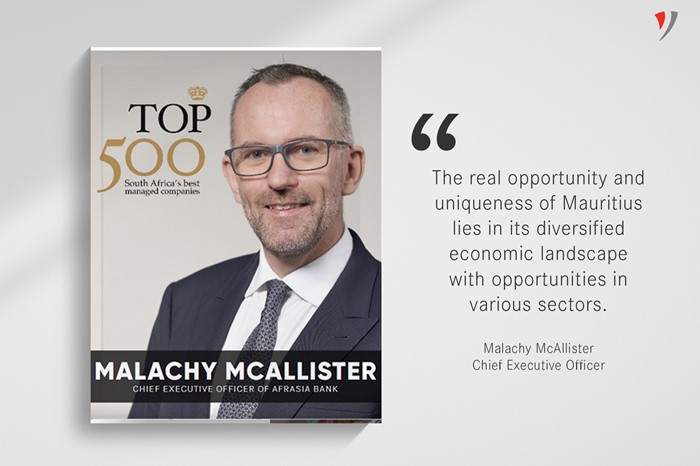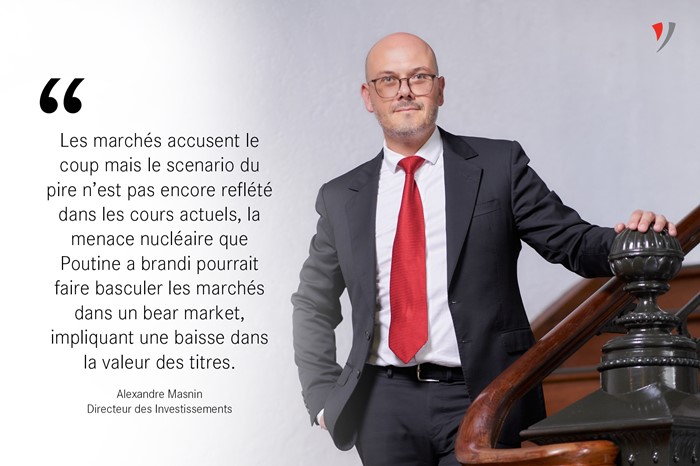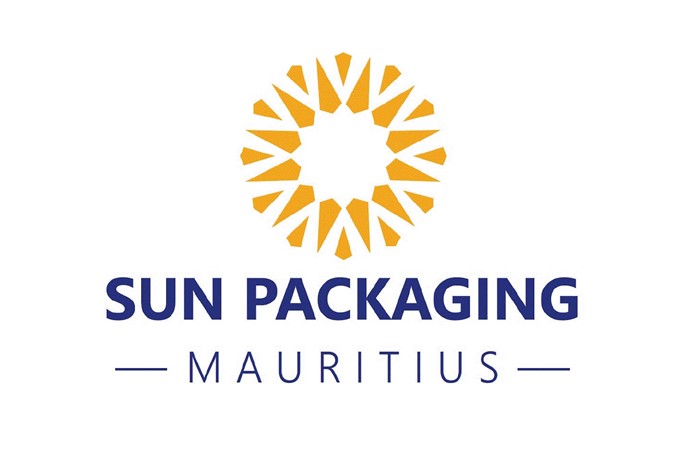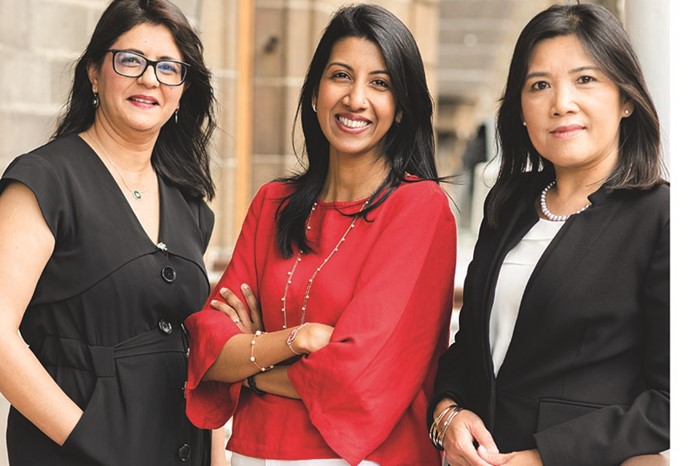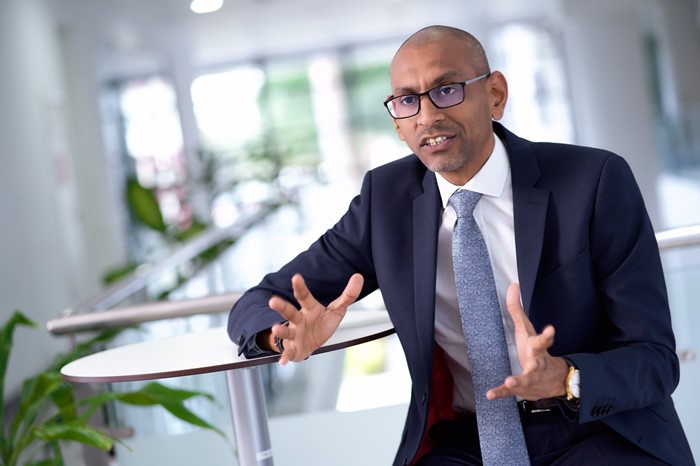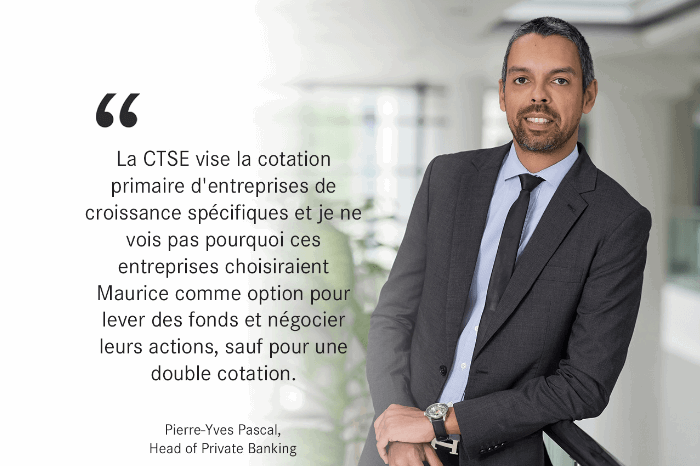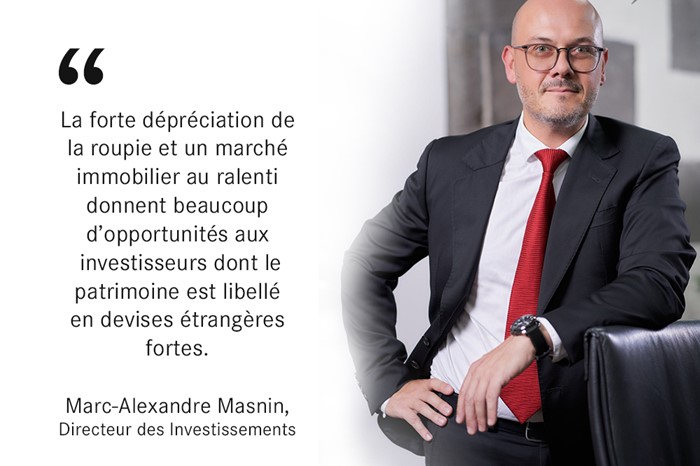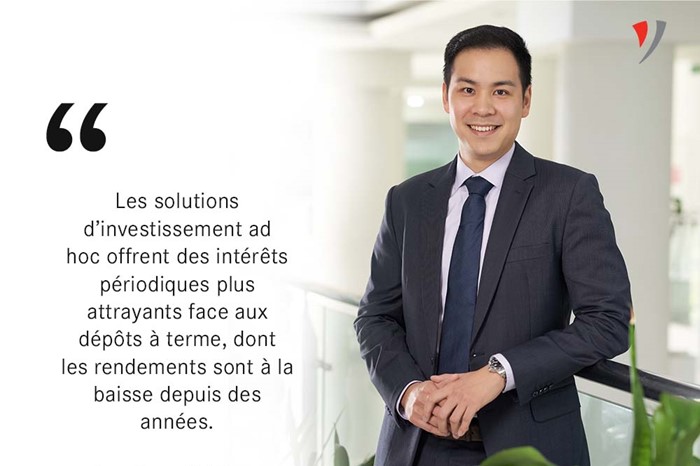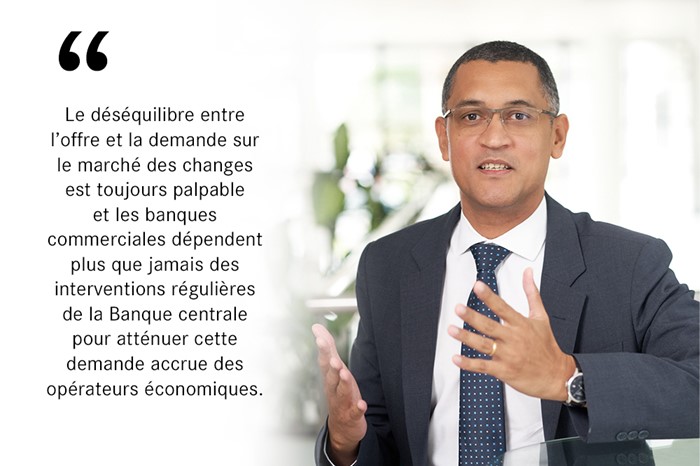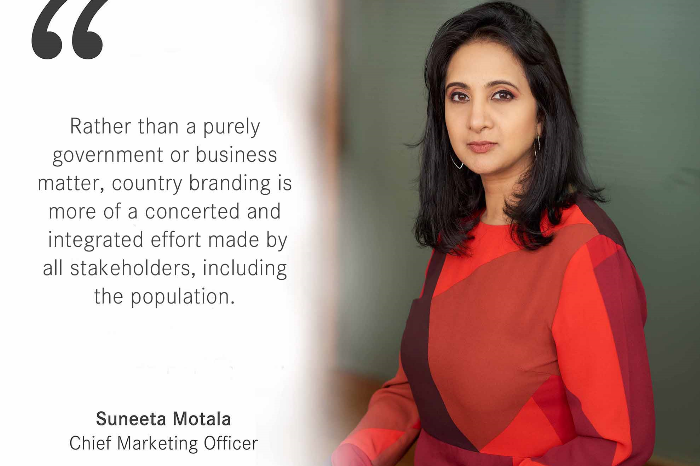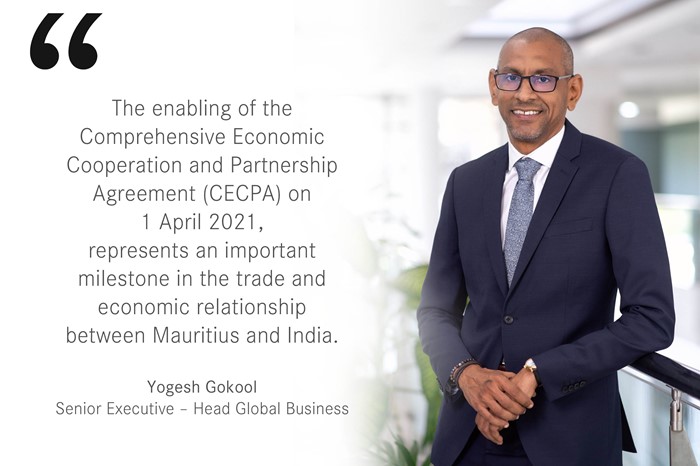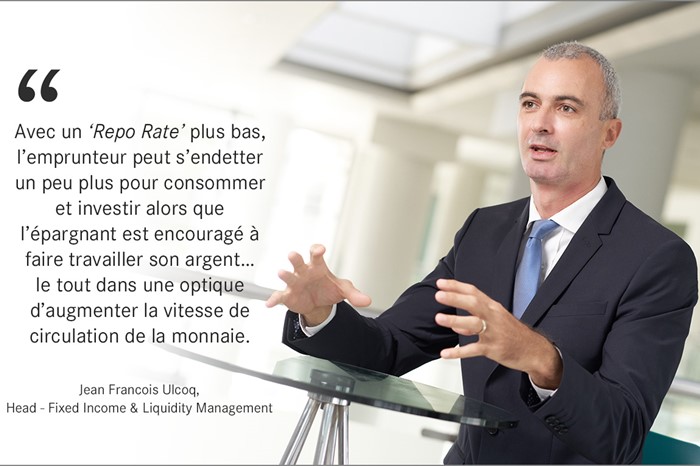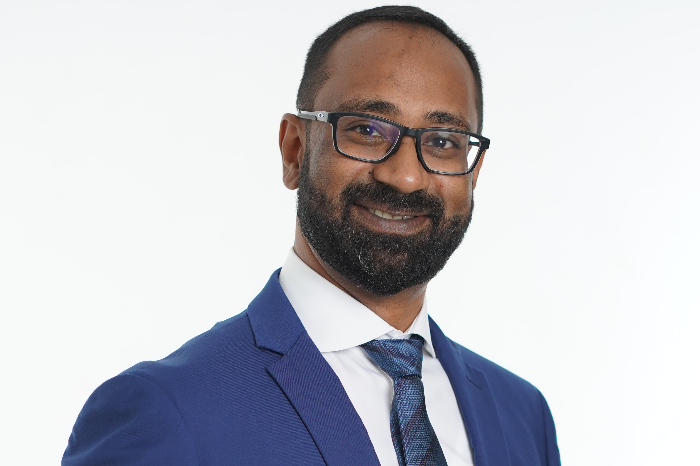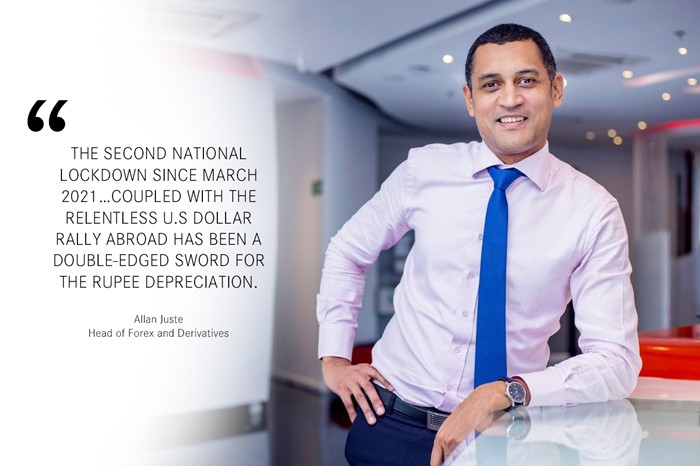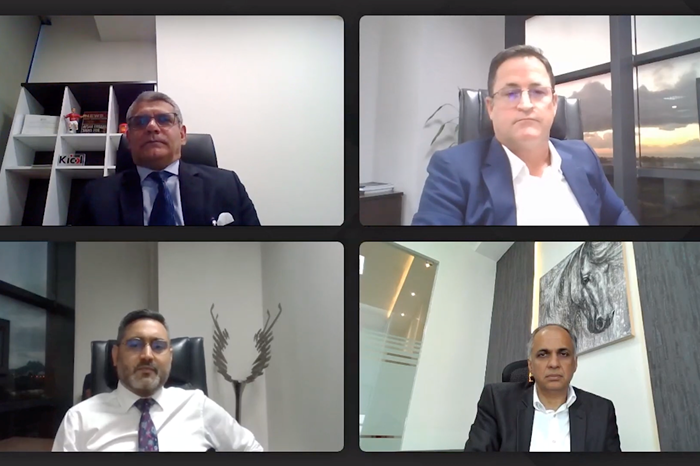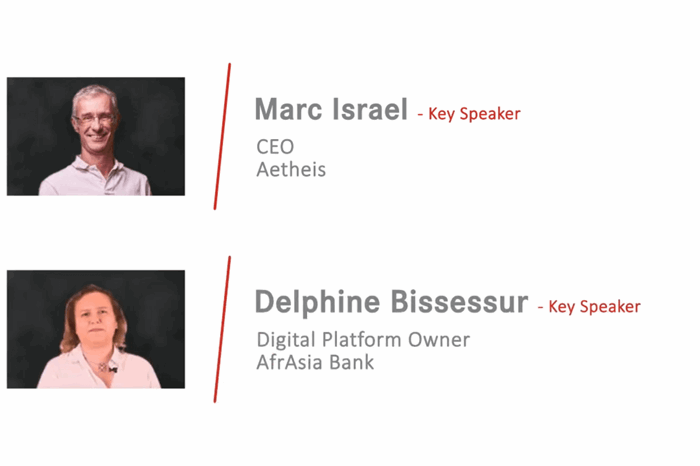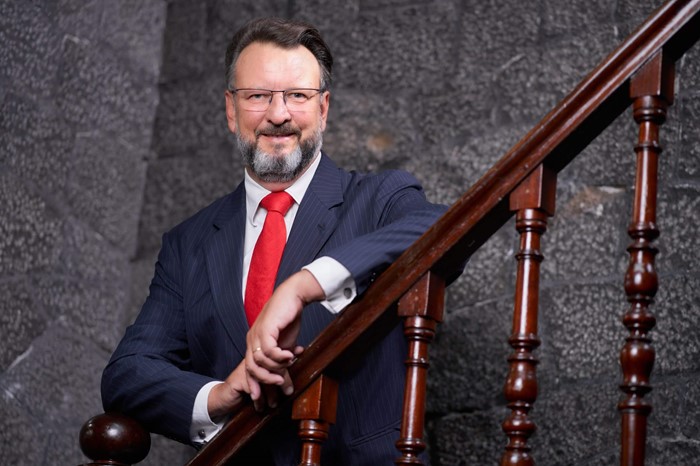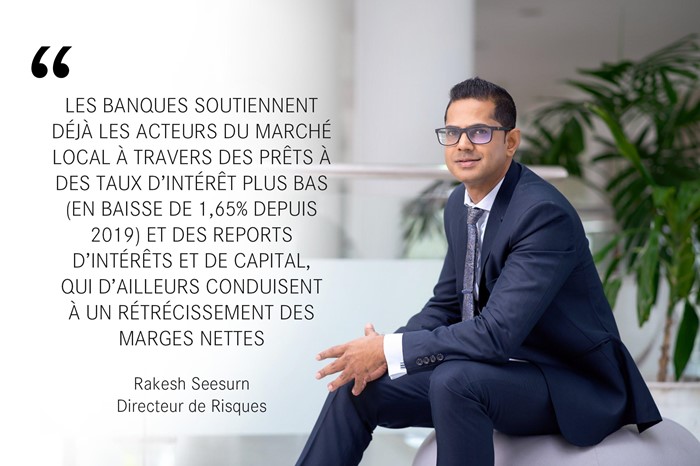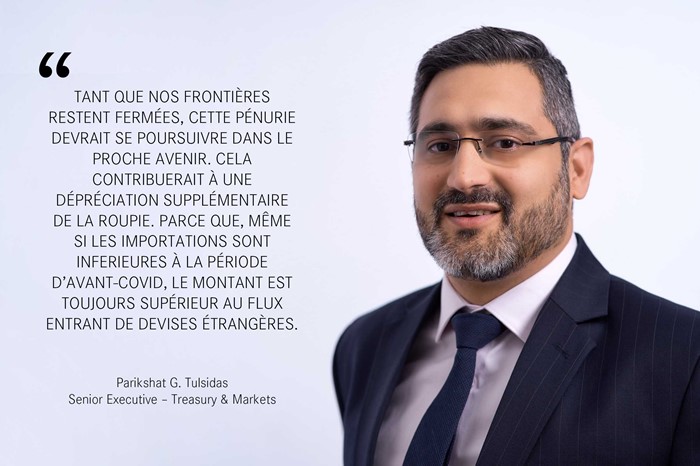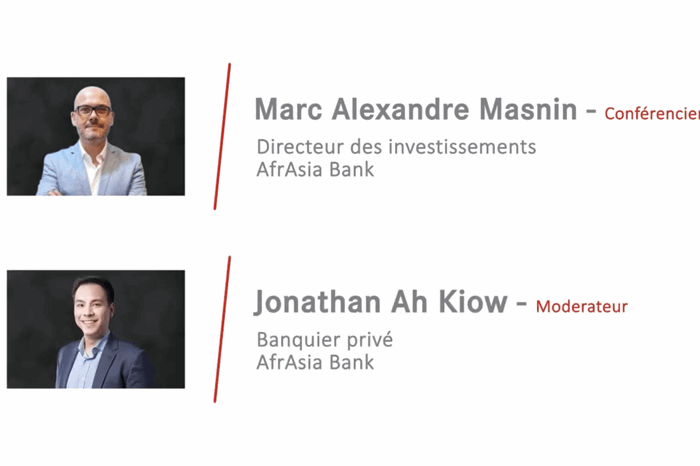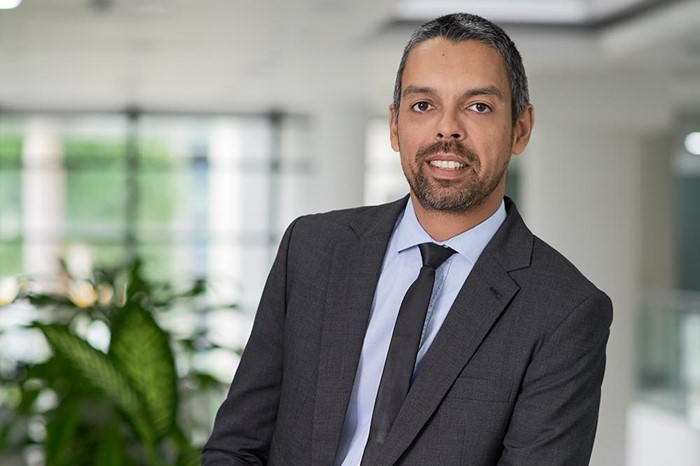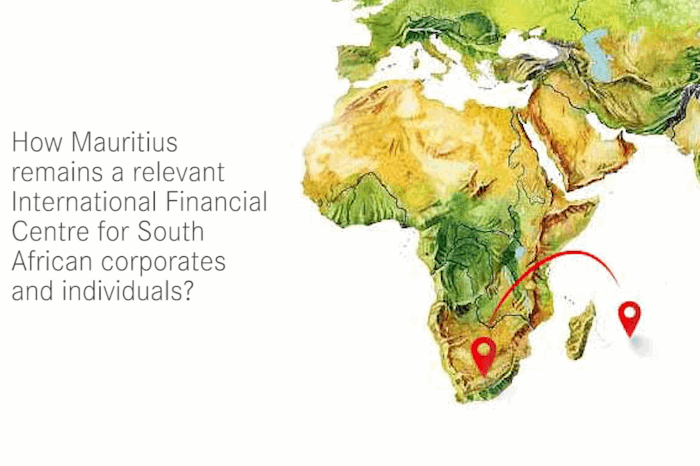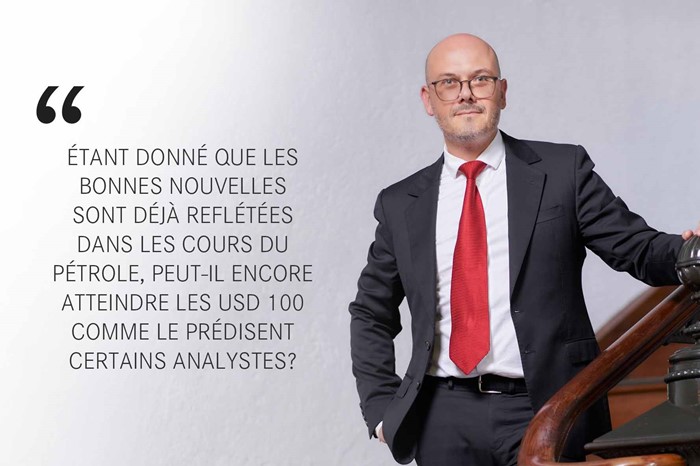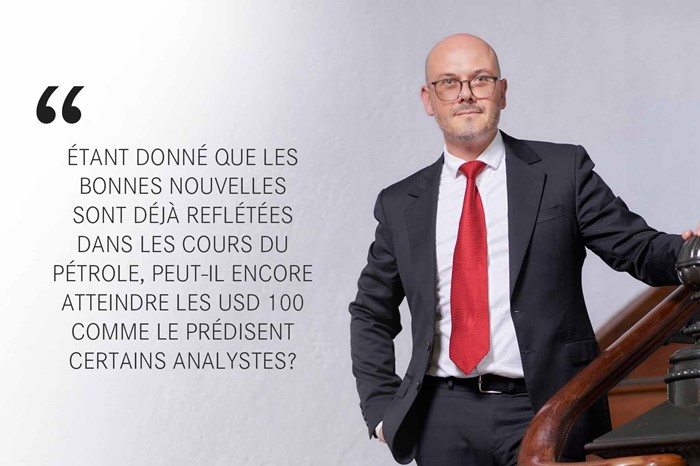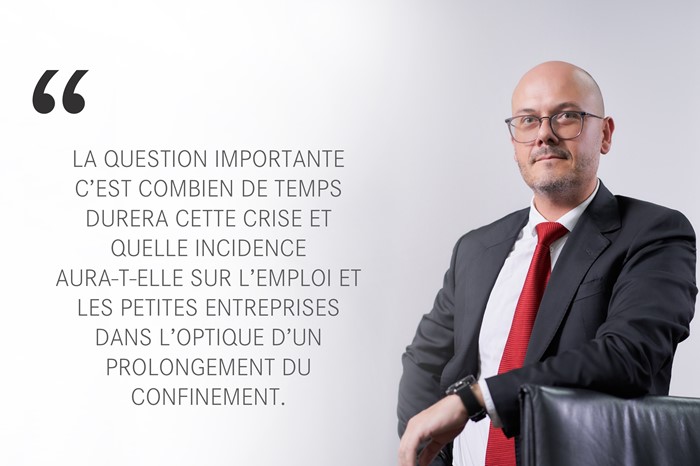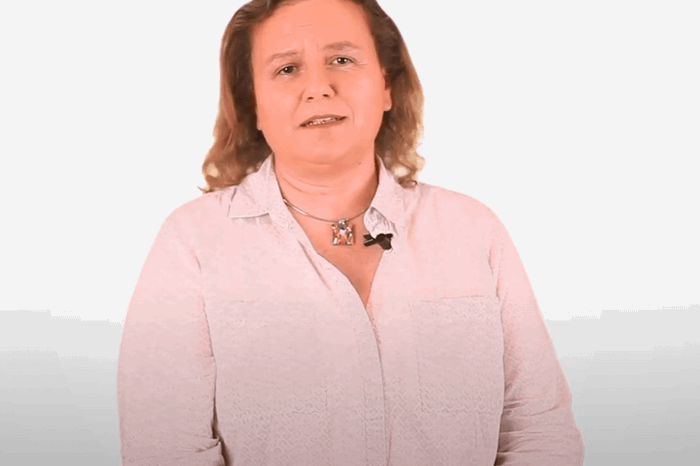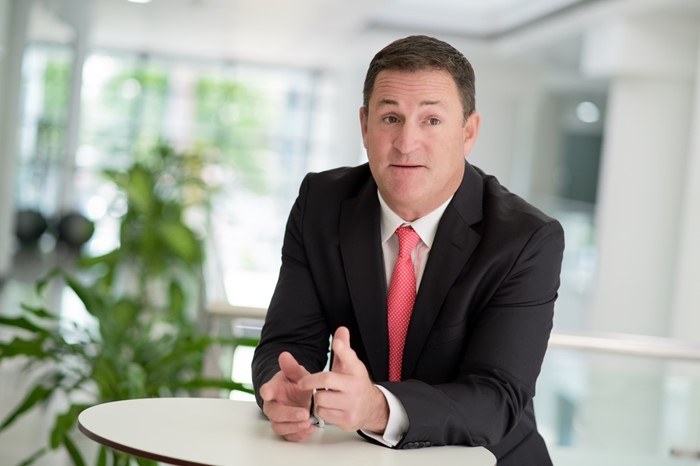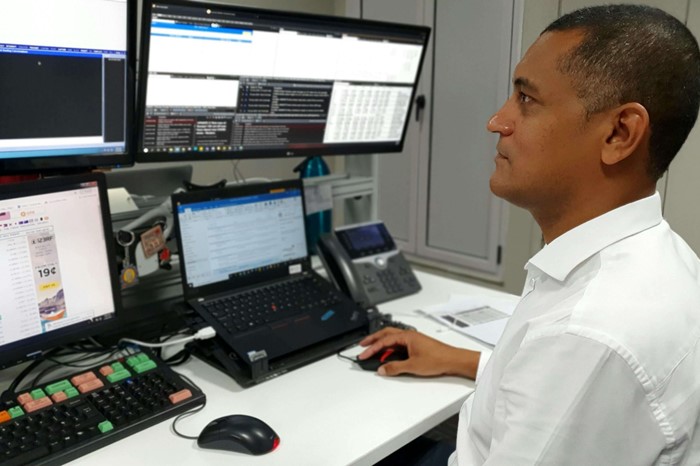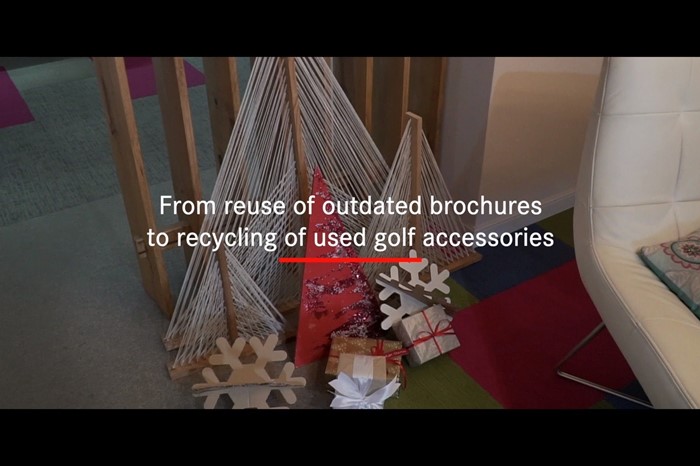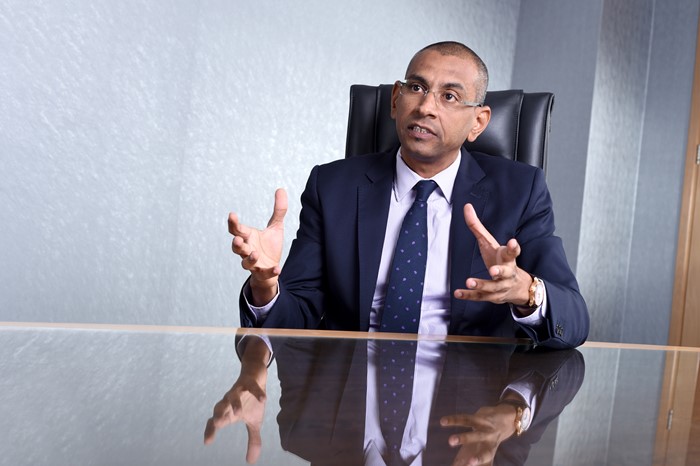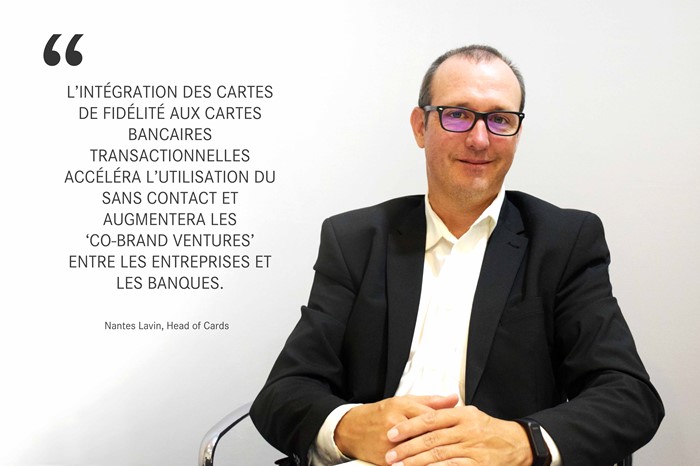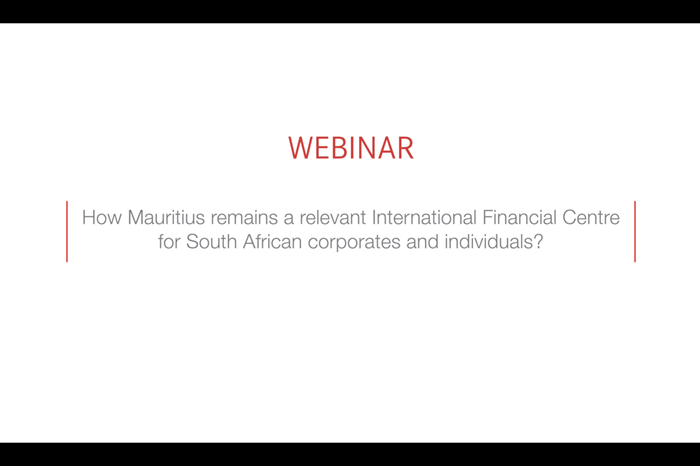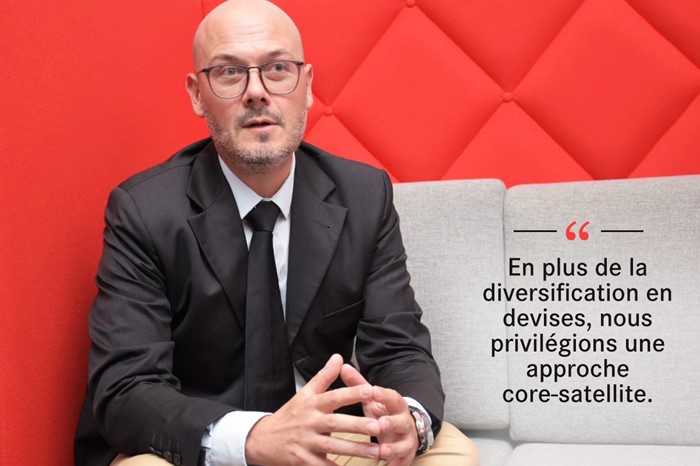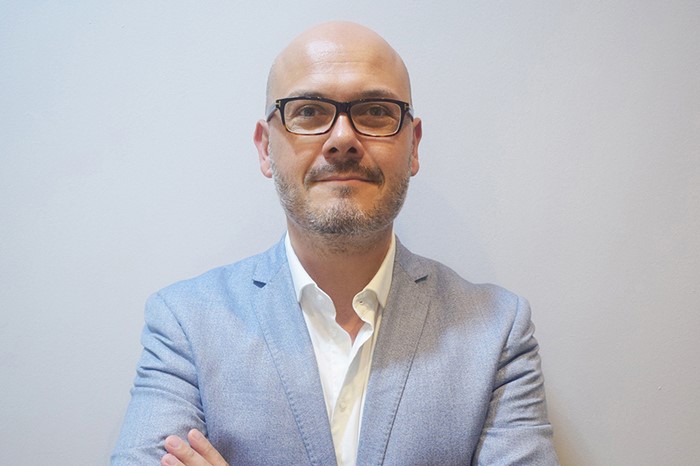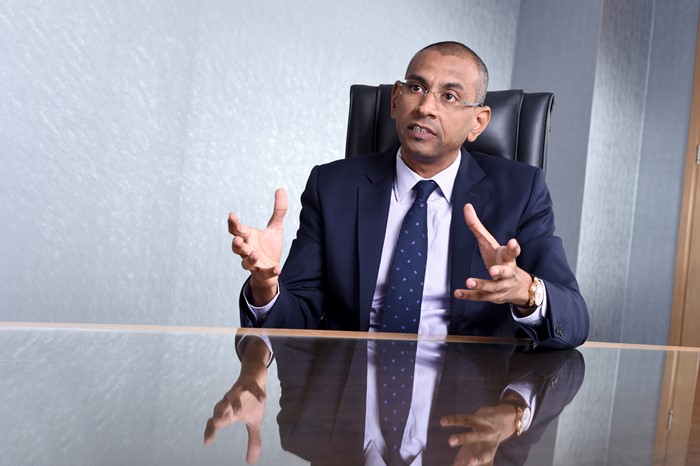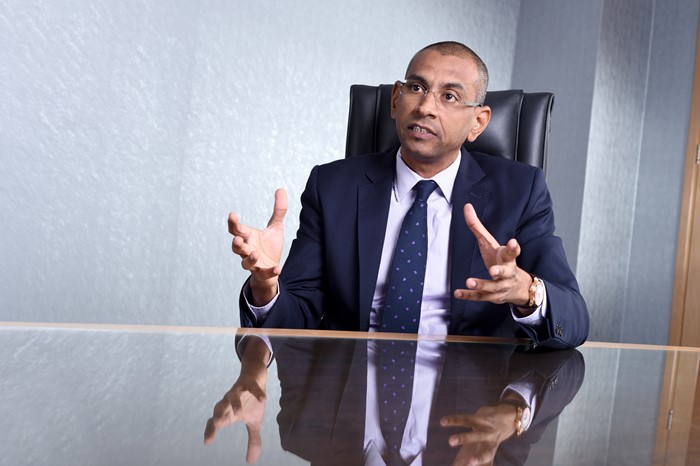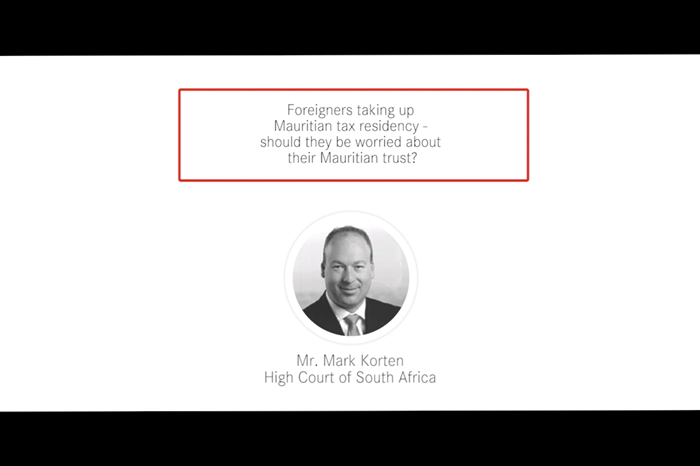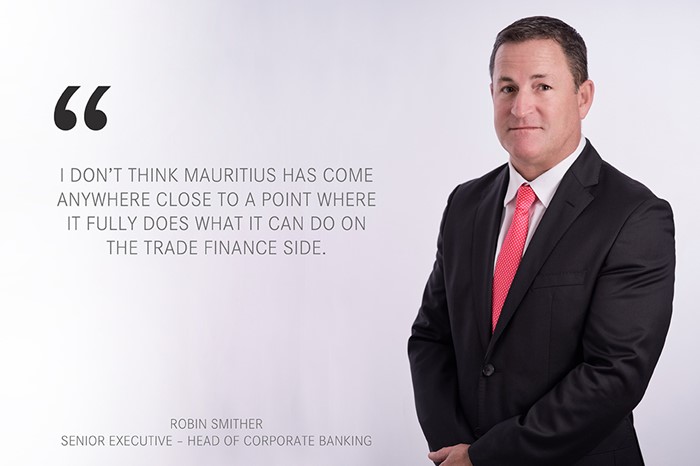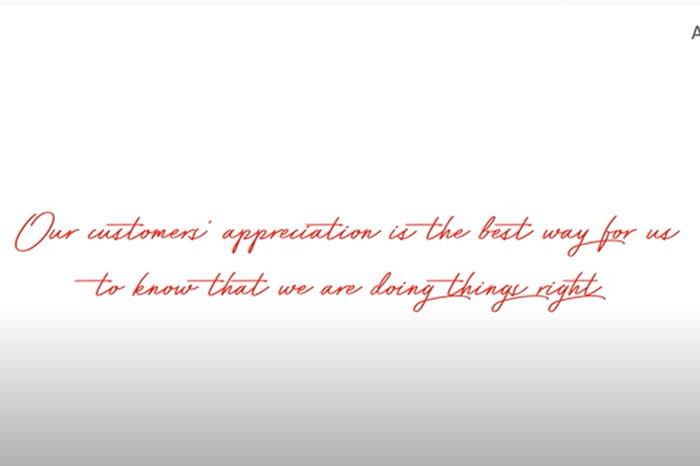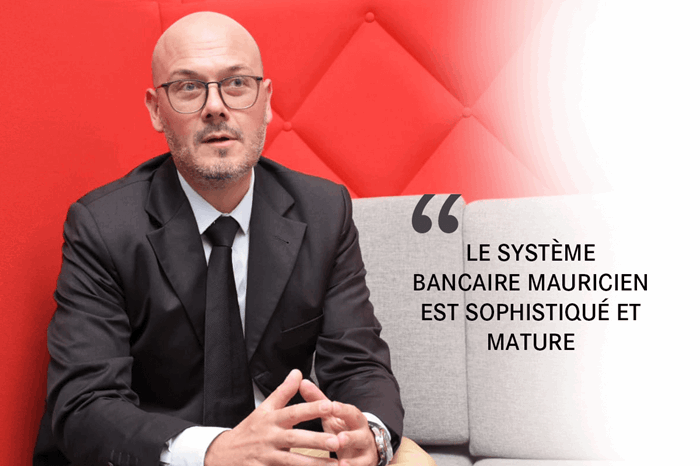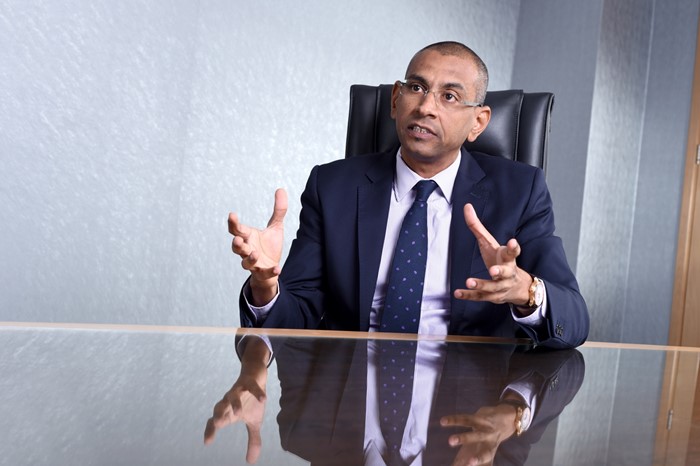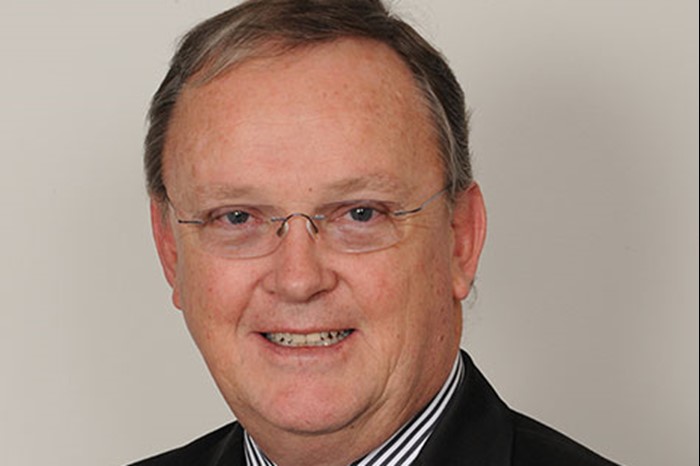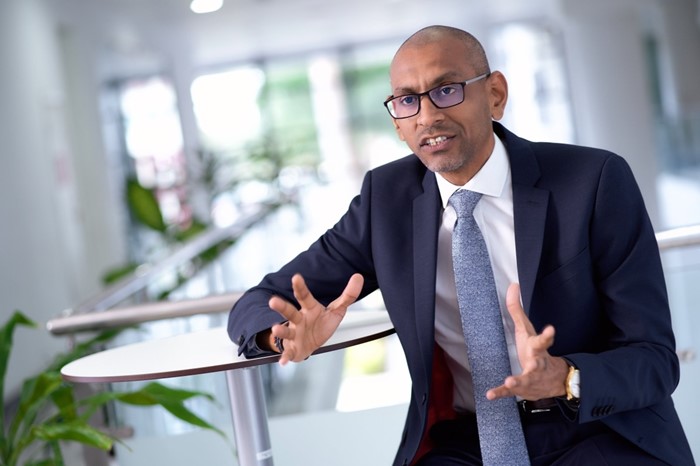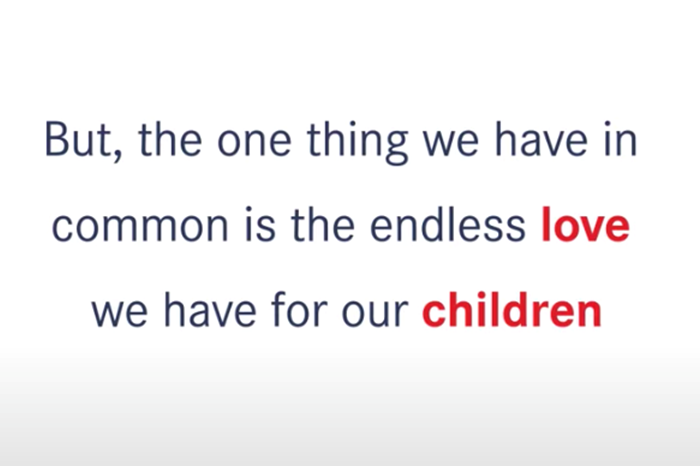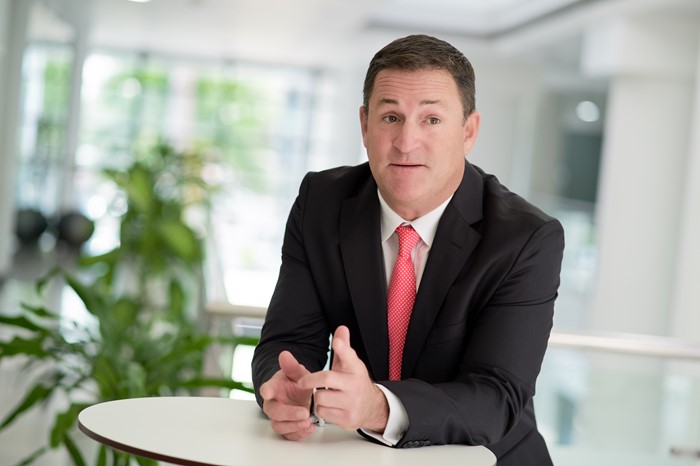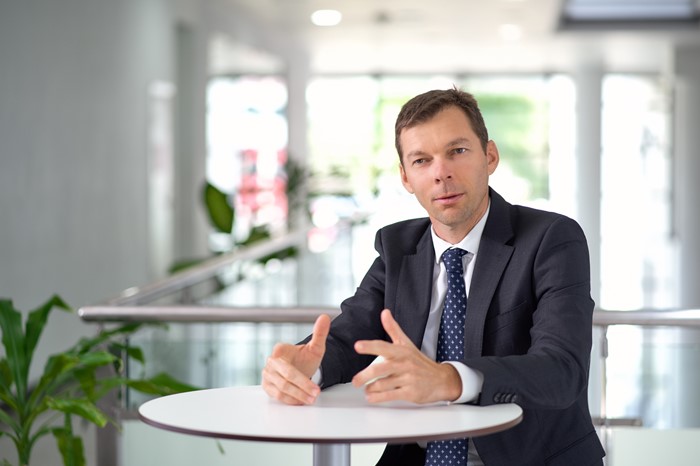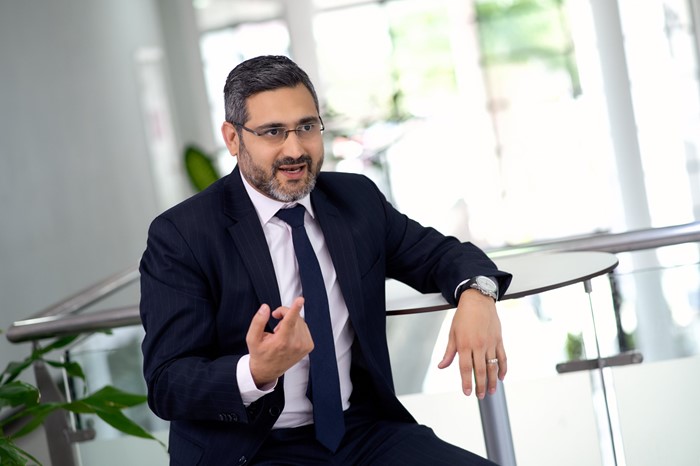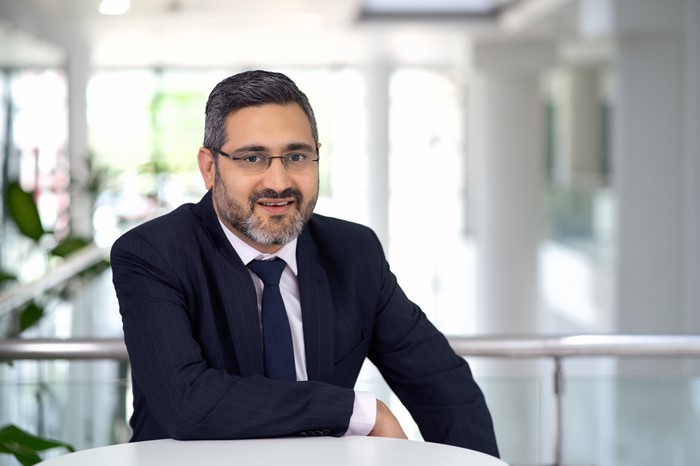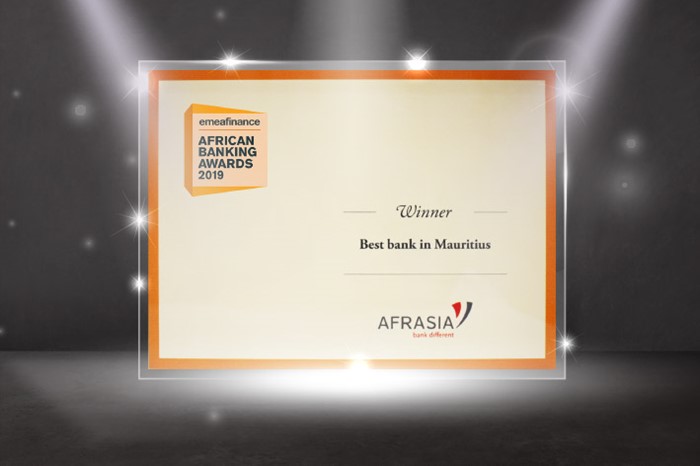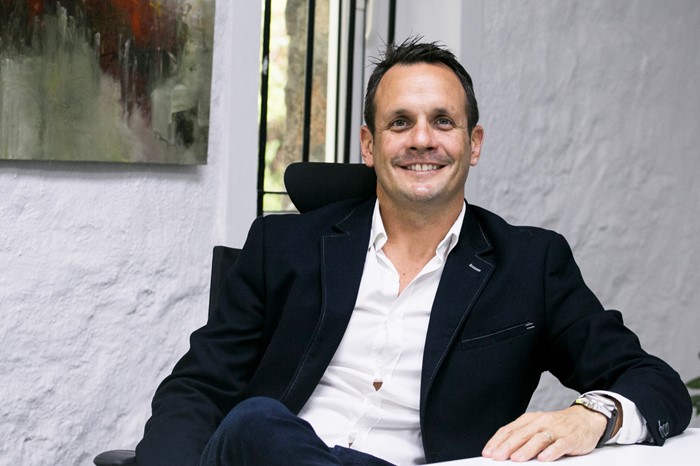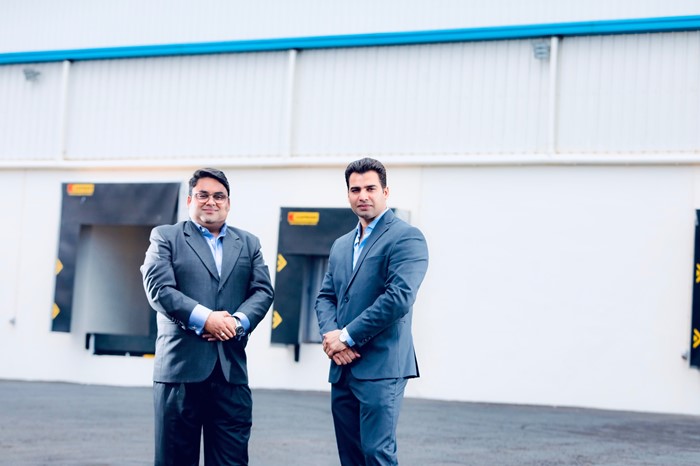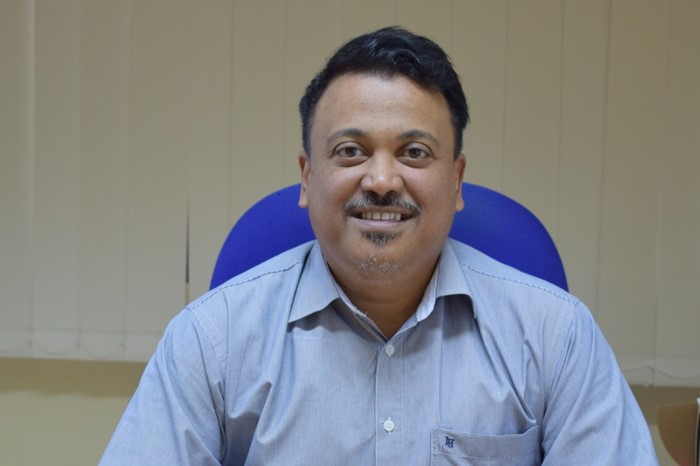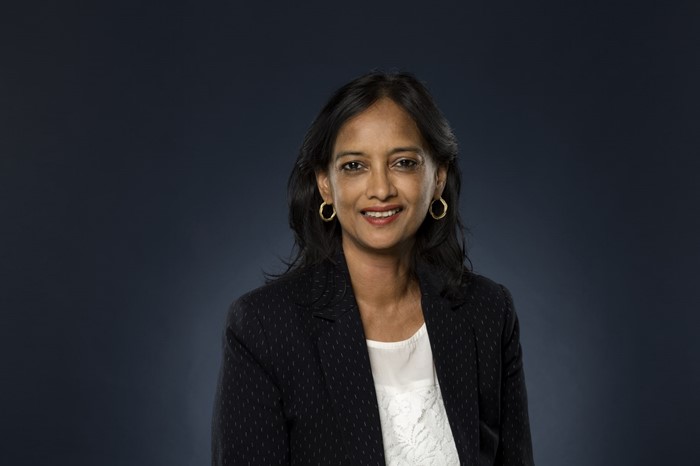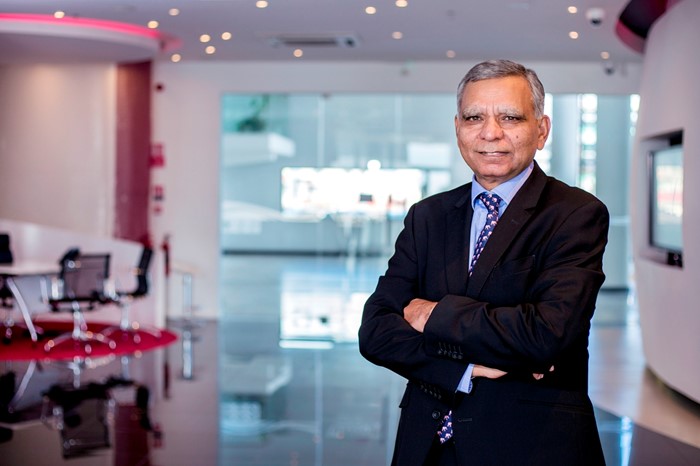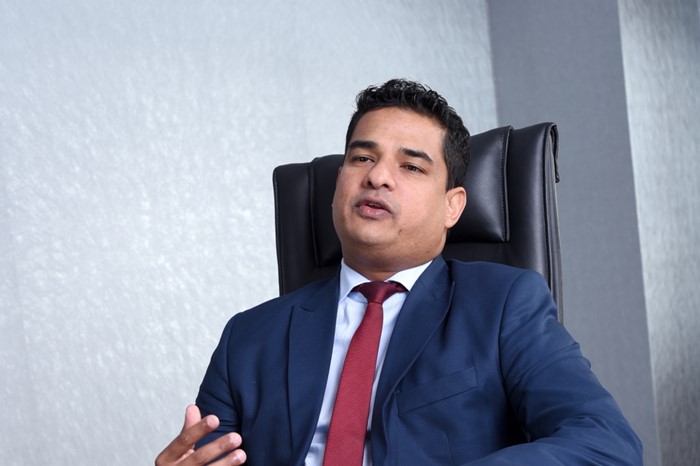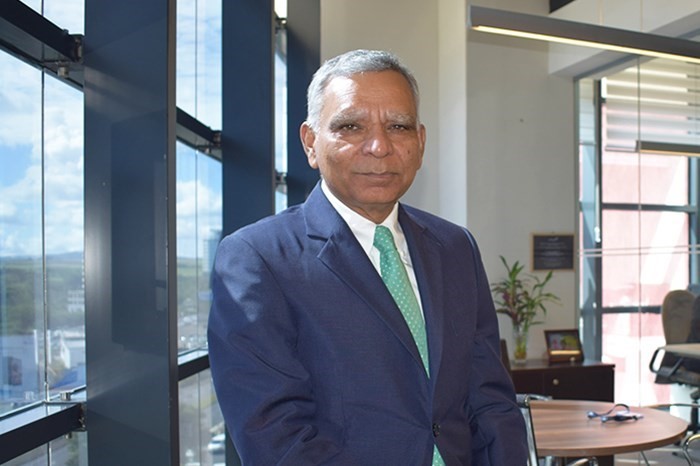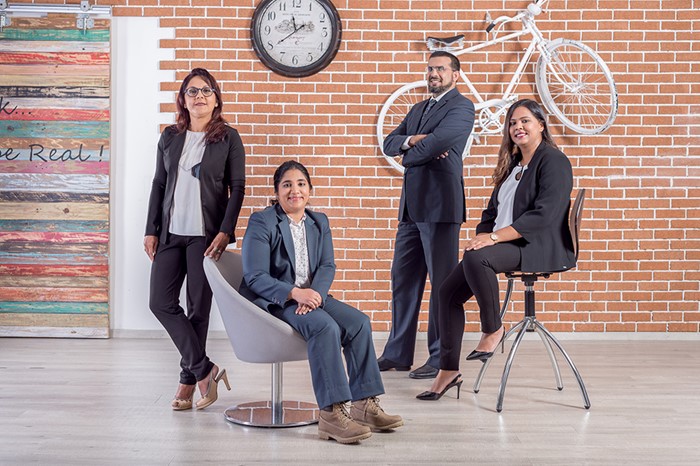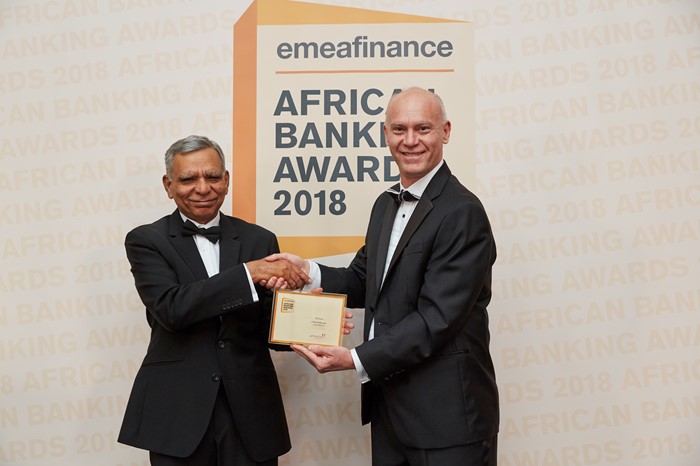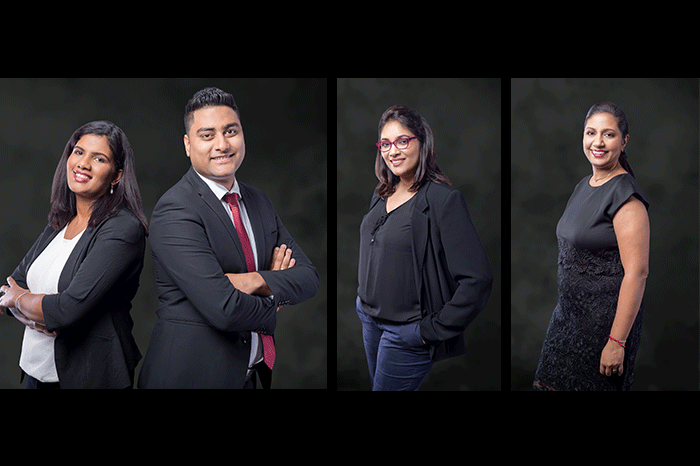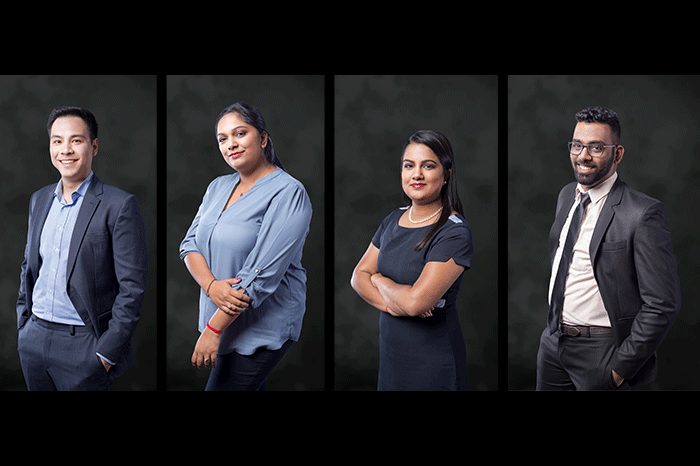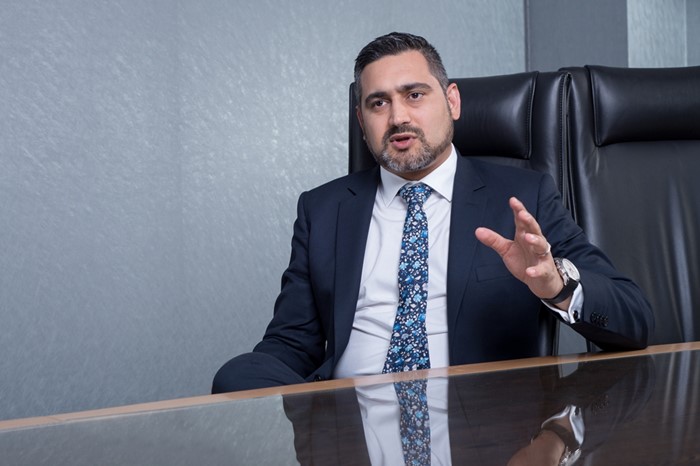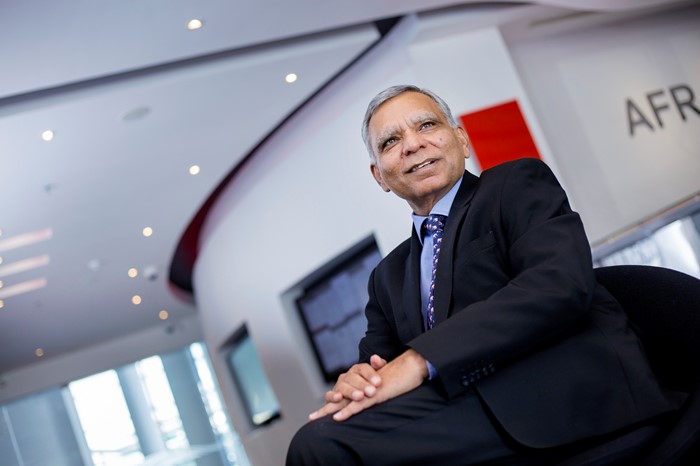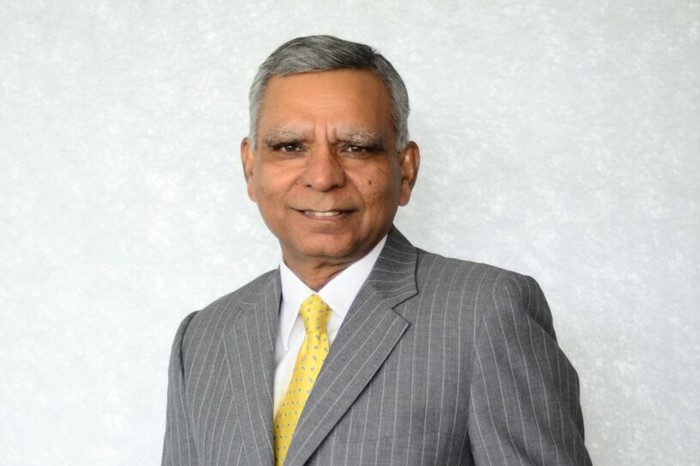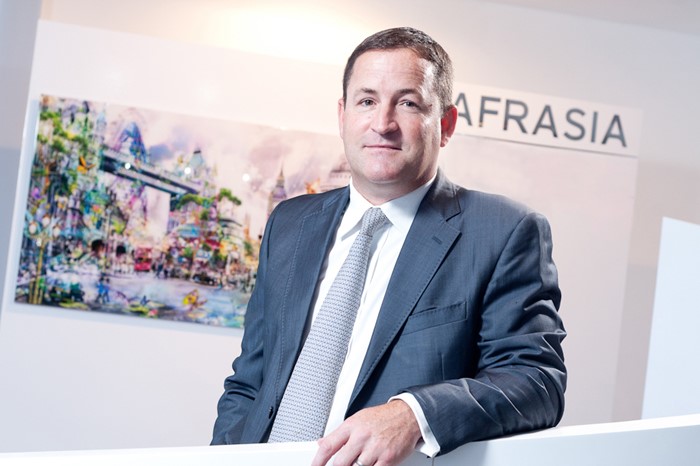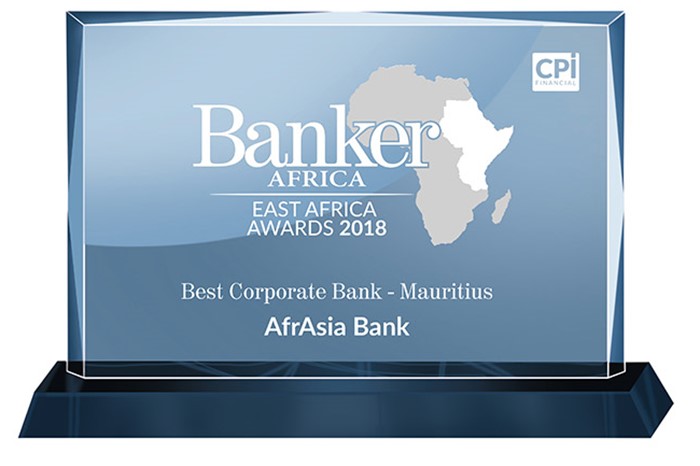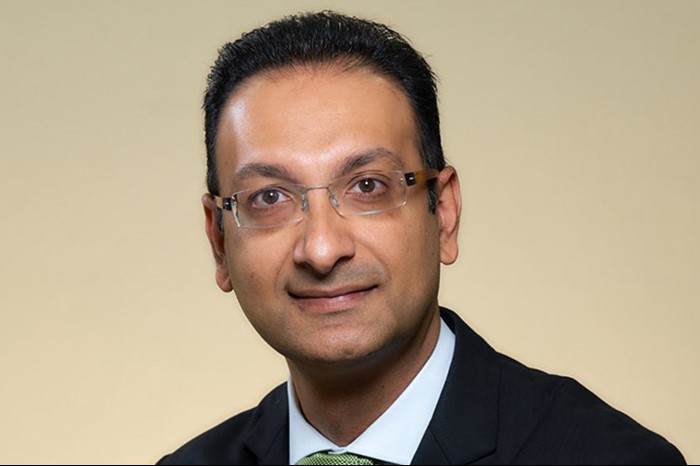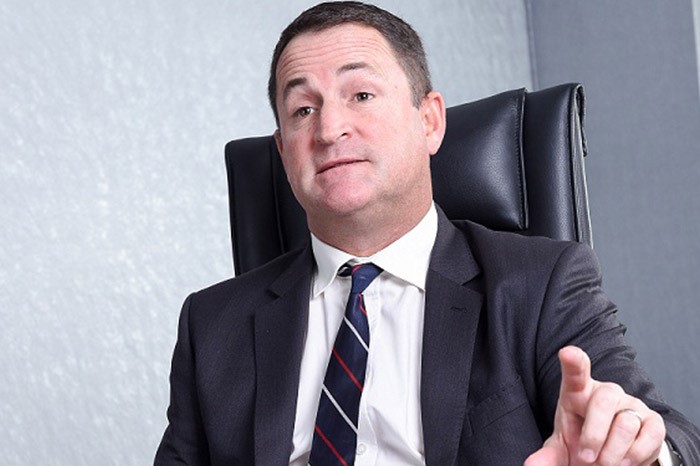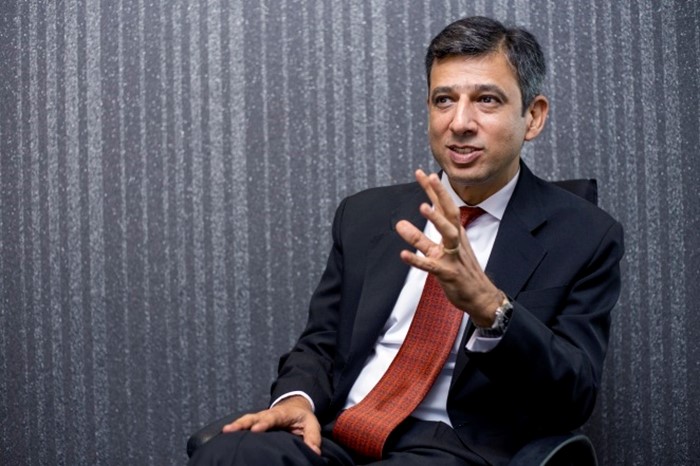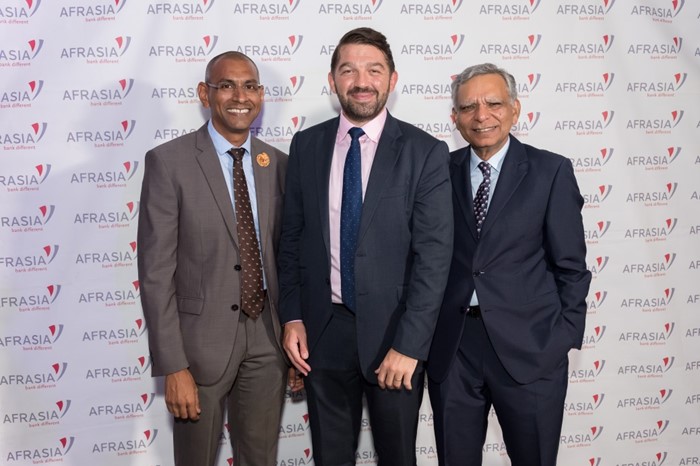Alvin Peerthy, Senior Manager - Sustainability & CSR at AfrAsia Bank, shares insights on how banks are contributing towards the drive to green transition in the financial services sector of Mauritius, and comments on the evolution of the ESG space in the International Financial Centre (IFC) over the next five years.
It is important to understand that sustainability is a vast topic; for an organisation, it is not just about handling environmental risks but also about effectively assessing its resilience, adaptability, and long-term growth capacity in a holistic manner. This is where the Environmental, Social and Governance (ESG) conversation comes into play and is increasingly being used as a baseline for measuring companies’ success driven by multiple factors.
Driving forces of ESG in the financial sector
Firstly, consumers and investors are more conscious about the impacts companies have on the environment and society. Companies are embedding the ESG component in their overarching business strategy with the aim to create value for all stakeholders and reap the positive spill over effects of customer loyalty, enhanced organisational goodwill and improved financial performance.
Secondly, regulatory bodies and governments are placing greater emphasis on ESG factors in their policies and regulations. For instance, in the banking space, the Equator Principles were established in 2003 followed by the International Finance Corporation’s Environmental and Social Performance Standards in 2012. Both are risk management frameworks that cater for environmental and social risks in project financing.
Finally, evidence shows that companies with strong ESG performance are more resilient to risks and better able to adapt to changing market conditions. This has led to an increased focus on ESG issues amongst investors - ranked 3rd among the top criteria to evaluate the long-term sustainability of companies in which they invest as reported in PwC’s Global Investor Survey 2022.
I believe that adopting a strong ESG strategy requires that all business functions work together towards common goals. However, many companies are yet to fully embed their policies, and close guidance from their Board will be essential if short and long-term ambitions are to be met.
Growth prospects and challenges for sustainable finance in Mauritius
The Mauritian Government and regulatory bodies have laid a solid foundation with the introduction of guidelines to cater for the issuance of green bonds and to better identify the risks and opportunities arising from the transition to a low-carbon and more circular economy. Likewise, the Stock Exchange of Mauritius has introduced ESG reporting requirements for listed companies. These have paved the way towards greener alternatives, starting with the launch of the first green bond in January 2022.
ESG Investing is another area which is gaining popularity worldwide. Mauritius already upholds the reputation of an international financial centre of substance given its strategic advantages and expertise in fostering local and foreign investor confidence. By promoting ESG investment solutions, the country can position itself as a sustainable financial hub and reap the benefits of this new segment.
On another note, aligned with its ongoing efforts towards the Nationally Determined Contribution (NDC), Mauritius has committed to reducing its greenhouse gas emissions by 40% by 2030 and it has been estimated that this will require funding of USD 6.5 billion. For this to happen, we absolutely need the collaboration of both private and public sectors. Such a collaboration will even give rise to new sustainable financing solutions to support the upcoming developments in sectors such as infrastructure, tourism and agriculture. By leveraging these opportunities and developing a national sustainable financing strategy, Mauritius can attract investments that promote both economic growth and contribute to the achievement of the Sustainable Development Goals (SDGs).
All that said, despite the opportunities highlighted previously, the challenges are still very much present. There is a lack of awareness and understanding about this particular area among investors, financial institutions, and the general public. This makes it all the more difficult to attract investments for sustainable projects. Moreover, even if there is a growing interest in sustainable finance globally, the availability of sustainable finance products in Mauritius is still limited. This is making it challenging for investors to find sustainable investment opportunities, and limits the ability of businesses to access tailored financing solutions for their sustainable projects.
Similarly, despite the ongoing efforts to develop a regulatory framework for sustainable finance in Mauritius, there is still the need for more comprehensive regulations and guidelines to cater for ESG reporting, support the development of sustainable finance products, and encourage the adoption of sustainable investment practices. And, here I would also like to add that access to reliable data on ESG factors remains the greatest challenge that we currently face. It is vital to assess where we stand today and to identify where we want to go and how we are going to reach there – alternatively, all these efforts will be in vain.
The ESG outlook in Mauritius in the next 5 years
The evolution of ESG in Mauritius is likely to be shaped by a combination of global trends, regional priorities, and local initiatives. For example, we will need an increased regulatory oversight by strengthening regulations and policies to promote ESG best practices, as well as pushing for enhanced transparency, disclosure, and compliance among companies.
Moreover, Mauritius is vulnerable to the impacts of climate change, and addressing climate risks will likely become a top priority for both public and private sectors. Investments in climate-resilient infrastructure, renewable energy, and adaptation measures are expected to increase. Sustainable tourism is another area of potential focus since tourism is a significant pillar for the economy. The Government and the private sector are actively pursuing eco-friendly initiatives and certifications like Green Key or Green Globe, to meet international sustainability standards. The country will likely continue to promote sustainable tourism practices to minimise the industry's environmental and social impacts.
Likewise, Mauritius may witness an increased use of innovative technologies and solutions to address ESG challenges, such as AI-powered data analytics and IoT applications for resource management. On the waste management and resource efficiency front, Mauritius is likely to experience a greater adoption of circular economy principles, promoting recycling, upcycling, and waste reduction initiatives.
Supporting the Mauritius IFC journey towards sustainable finance
Although we are at the beginning of our journey, we have adopted a diligent, holistic and forward-looking approach in the way we tackle ESG matters. At AfrAsia, our objective is to be a solution provider to facilitate the transition to a low-carbon and socially-inclusive economy. We started with the launch of green car loan in October 2019, encouraging our clients to shift from traditional banking to sustainable alternatives. We have also partnered with the Agence Française de Développement (AFD) and the European union for a EUR 10 million credit line as part of the SUNREF III program to fund eco-friendly projects. With the evolving customer requirements, we are broadening our sustainable product portfolio and through a collaboration with experts, transforming our bank into a more responsible corporate citizen. With the 2030 Agenda for Sustainable Development and the SDGs in mind, we plan to rethink and realign our strategy while transforming our institution into a responsible Bank with sustainability as a key pillar of our success.
